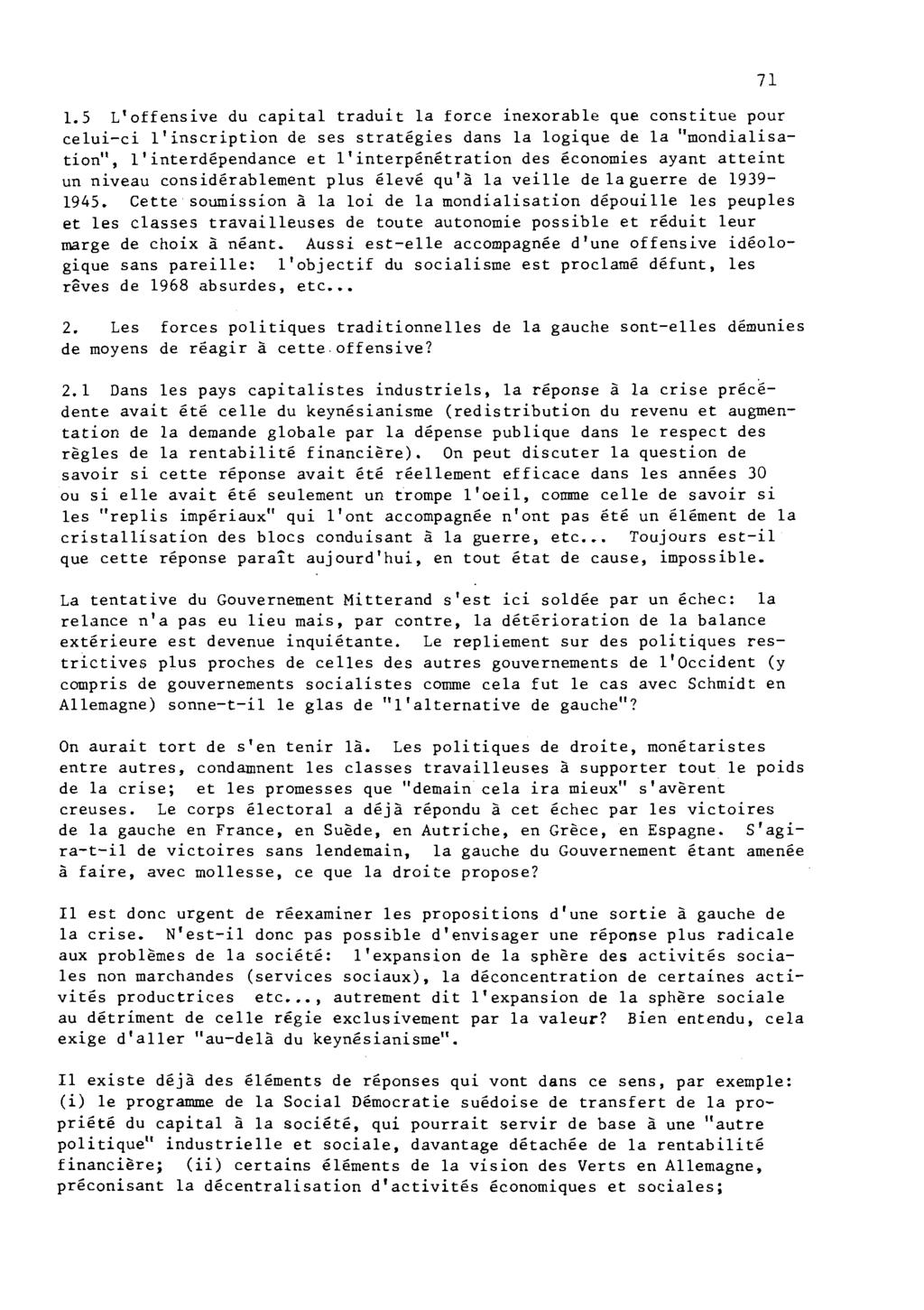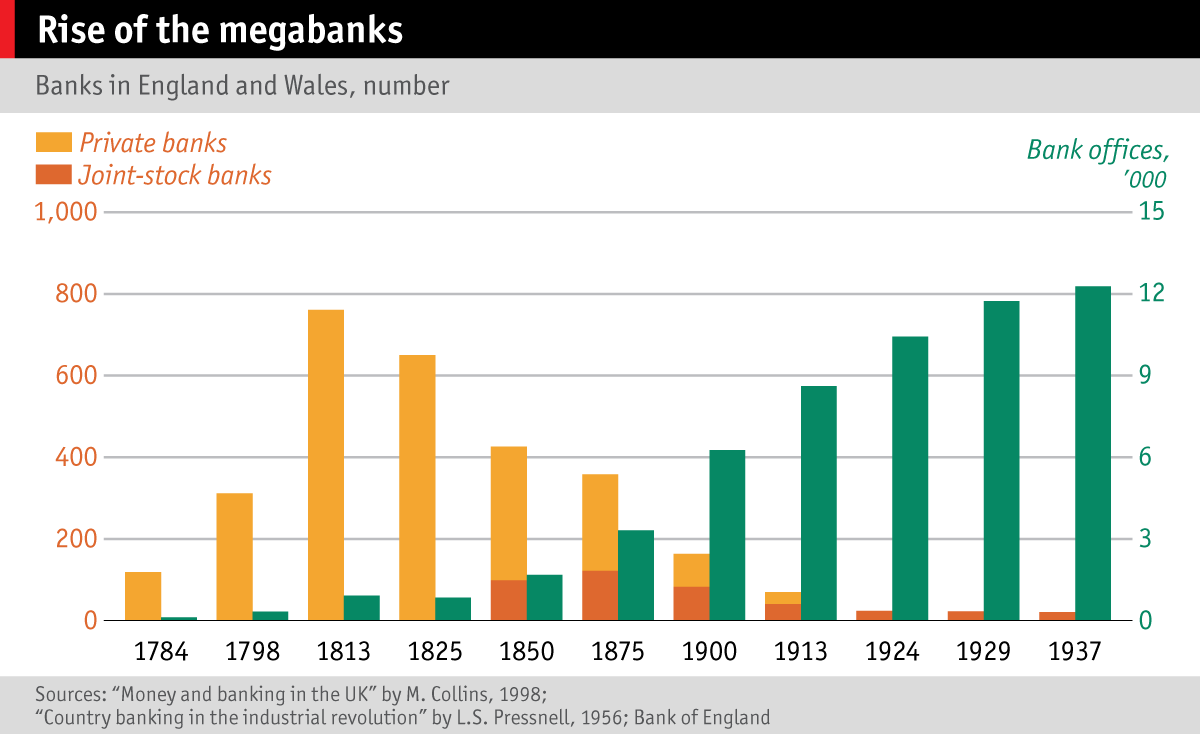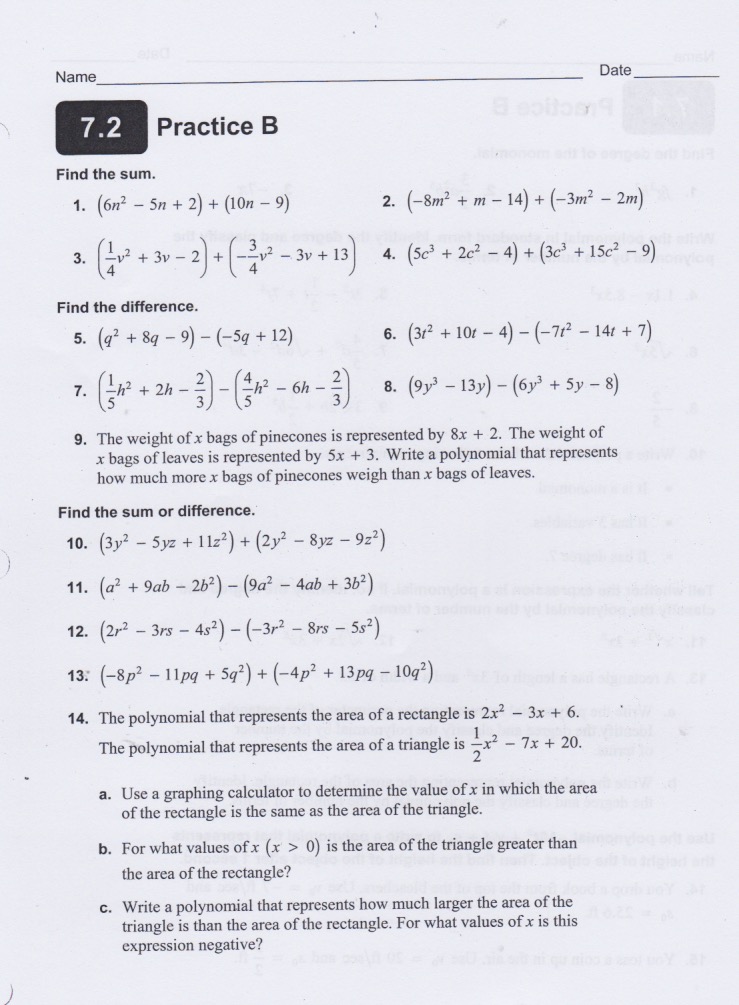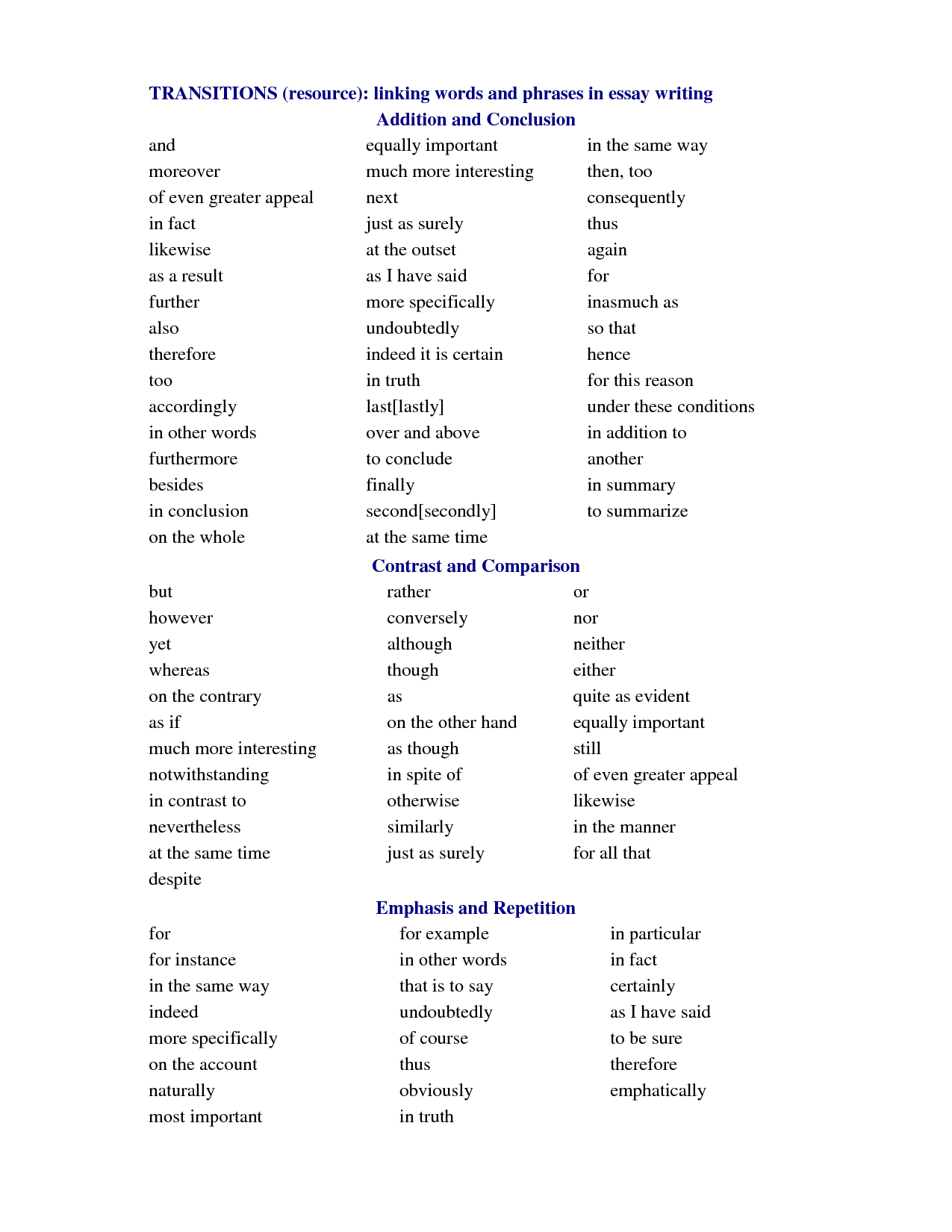Catcher in The Rye photo essay (theme: alienation as a.
The Phony Theme of The Catcher In The Rye by J.D. Salinger In life there comes a time when everyone thinks that they are surrounded by phoniness. This often happens during the teen years when the person is trying to find a sense of direction. Holden Caulfield, a 16-year-old teen-ager is trying to.
In The Catcher in the Rye by J.D. Salinger, Holden Caulfield tells of the events that happened to him near Christmas of last year. The theme is alienation. The setting, the plot, and the symbols show alienation. The use of setting helps to create the theme of alienation.

Catcher in the rye holden depression Essay While resisting maturation, Holder believes he resents society because society is fraudulent and artificial, but all he really yearns for is someone who is willing to listen to his fears regarding his transition into adulthood.

The Catcher in the Rye Literary Analysis Essay In the novel The Catcher in the Rye Salinger the author uses lots of symbols to express who Holden is and how he develops throughout the novel. Salinger gives Holden some symbolic feelings towards some things and places to express a different side of Holden.

Theme Analysis of Alienation in Books the Catcher in the Rye and 1984 Alienation sometimes called estrangement is a psychological, sociological or Philosophical-anthropological category, largely derived from the writings of Hegel, Feuerbach and Marx. When one is not accepted by society, he becomes an Outsider to everyone around him.

A Literary Analysis of the Catcher in the Rye by Holden Caulfield. Not many great novels were produced during the post World War II era. Perhaps the greatest novel published was J. D. Salingers The Catcher in the Rye. This book, just like all other great works, was met by scathing criticism and unyielding praise. Many literary critics marveled at Salingers genius use of language to make Ho.

Since 1951 when it was first published, The Catcher in the Rye has served as a resonant expression of alienation for several generations of adolescent readers and adults who have considered themselves at odds with the norms and institutions of American society.

Theme Analysis of Alienation in Books the Catcher in the Rye and 1984 Essay Alienation sometimes called estrangement is a psychological, sociological or Philosophical-anthropological category, largely derived from the writings of Hegel, Feuerbach and Marx.

The Catcher in the rye is a novel about its protagonist- Holden Caulfield, a rebellious, negative teenager who wants to prevent the loss of innocence in children. This novel is set in first-person narrative and it follows Holden’s experiences in New York City in the days following his expulsion from Pencey.

For this essay, address the theme of irony in “Catcher in the Rye” that is inherent in the misunderstanding of the poem and the way in which Caufield appropriates the misread line.

ALIENATION In the book, Catcher In The Rye by J.D. Salinger, Holden Caufield, the main character is a negatively charged person, doesn't want himself or others around him to grow up, and suffers from depression because of his brothers death. This is obviously Holden's way of alienating the.

The Catcher in the Rye by J.D. Salinger. Loneliness is a feeling in which people experience a strong sense of emptiness and solitude. Someone who is lonely may find it hard to form relationships because they are unable to socialize.

Catcher in the Rye is a unique novel as far as the writing style is concerned. With a second person tone of voice, Holden Caulfield takes us through a story in a stream of the conscious form of writing. You should be able to analyze the story and give your findings and standpoints in the conclusion of Catcher in The Rye essay.



